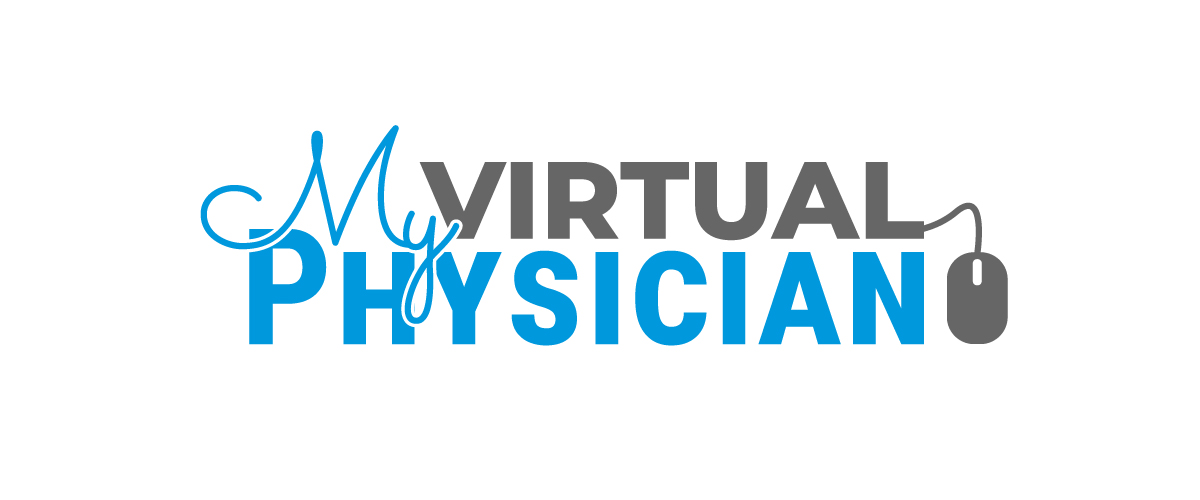Hormone therapy isn’t the only way to manage menopause symptoms. Many women either can’t or prefer not to use hormones—and the good news is, there are effective non-hormonal options available. At My Virtual Physician, we want you to understand all your choices so you can find the best fit for your needs.
Why Consider Non-Hormonal Options?
Non-hormonal treatments are ideal for women who: – Have medical reasons to avoid hormones (such as a history of breast cancer, blood clots, or heart disease) – Prefer a non-hormonal approach – Experience side effects from hormone therapy
Main Types of Non-Hormonal Treatments
- Prescription Medications
- Elinzanetant: Recently FDA-approved, this non-hormonal medication specifically targets hot flashes and night sweats by acting on neurokinin receptors in the brain.
- SSRIs and SNRIs: Certain antidepressants (like paroxetine, venlafaxine, and desvenlafaxine) can reduce hot flashes and improve mood.
- Gabapentin: Originally used for nerve pain and seizures, gabapentin can help with hot flashes, especially at night.
- Clonidine: A blood pressure medication that may modestly reduce hot flashes for some women.
- Non-Prescription and Lifestyle Approaches
- Cognitive Behavioral Therapy (CBT): This structured form of talk therapy can help manage mood changes, sleep disturbances, and even the perception of hot flashes.
- Lifestyle Modifications:
- Dress in layers, use fans, and keep your bedroom cool
- Avoid triggers like spicy foods, caffeine, and alcohol
- Practice stress reduction: yoga, meditation, or deep breathing
- Maintain a healthy weight and exercise regularly
- Non-Hormonal Vaginal Treatments
- Vaginal Moisturizers and Lubricants: Available over the counter, these can help relieve vaginal dryness and discomfort during intercourse.
- DHEA Vaginal Inserts: A non-hormonal option for some women, providing localized symptom relief.
- Supplements & Herbal Remedies
- Some women try supplements like black cohosh, soy isoflavones, or flaxseed. While some find relief, scientific evidence is mixed—always discuss with your provider before starting any supplement.
Benefits of Non-Hormonal Treatments
- Safe for Most Women: Especially important for those with medical contraindications to hormones.
- Flexible Options: A wide range of choices means you can tailor treatment to your symptoms and preferences.
- Can Be Combined: Many non-hormonal options can be used together or with other therapies for maximum relief.
Limitations and Considerations
- Effectiveness Varies: Non-hormonal options may not work as quickly or as completely as hormone therapy for some symptoms.
- Side Effects: Prescription medications can have their own side effects—your provider will help you weigh the pros and cons.
- Consult Your Provider: It’s important to discuss all treatments with a knowledgeable healthcare provider to ensure safety and effectiveness.
My Virtual Physician: Supporting Your Menopause Journey
Our experienced team at My Virtual Physician can help you sort through your options—hormonal and non-hormonal—to create a personalized menopause management plan. We’re here to answer your questions and support you every step of the way.
Want to explore non-hormonal menopause treatments?
Book a virtual appointment with My Virtual Physician.



